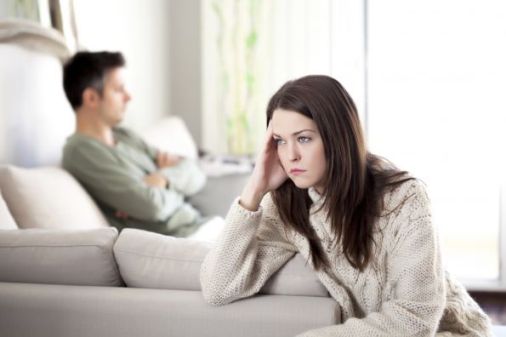After a separation or divorce, the question that often arises between the spouses, is who should take charge of the payment of the community charge after a divorce when the house has been awarded to one of them; although it is not legally required if the decision is the one that regulates how to pay them.
Expenses of the family after divorce
The costs that fall on the family home during the cohabitation, they will continue to occur after the marriage breakdown, but we must distinguish between two types of expenses:
- Costs arising from the use of housing, which must be paid by the user of the home.
- Inherent property expenses, that correspond to the same owner.
You have to make it clear that the consequences of the marriage process cannot be extended to those that they have not been involved in it, and the decisions and agreements to which the spouses arrive, and they refer to payments do not affect third parties.
It will only affect to the parts the expenses of the homeowners, mortgage loans, taxes of the housing or insurances of the same one, but not to others, regardless of the agreements that the parties have agreed or that indicate the judgment of separation or divorce.
Also keep in mind that, once the liability imposed by court order, if one party does not fulfill, and otherwise complying with the payment in full, the former will have to reimburse the full amounts to the latter.
Except for the spouses have agreed something different, the running costs of gas, electricity, garbage, water and telephone among others should be satisfied by the spouse who enjoys the family home, as these relate to the use of the property.
The cost of the mortgage will be charged to the owner, but always in proportion to its share in housing.
The Property Tax should take care of both spouses; in the proportion that each is the owner, like the home insurance which should be paid equally by both spouses.
Expenses of the homeowners after divorce
As regards the Community of Owners must distinguish between:
- Ordinary Shares, which will be met by the owner, but not enjoy its use.
- Extraordinary expenses, which relate to the spill resulting from maintenance work, conservation and rehabilitation of the building, which will take care of them the owner of the house.
The ordinary repairs stem from the natural wear for the use and it must take charge the one that has the use of the property; however, the extraordinary works more impact on the property, and must take care of the owner of the house.
